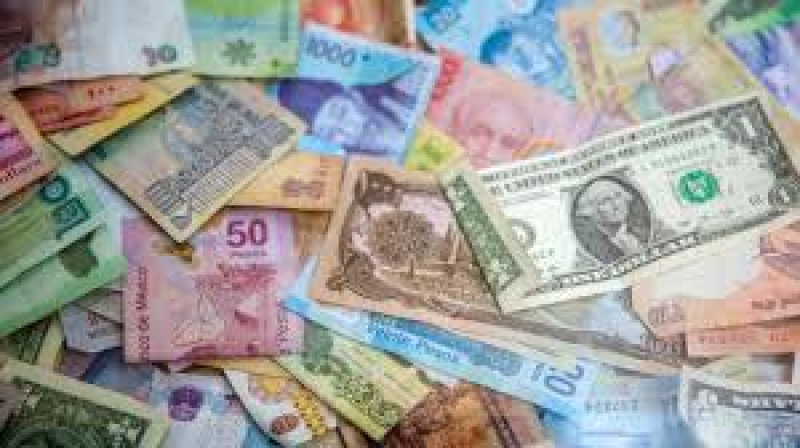- Heads of Sonali Bank, IDRA, and SBC resign citing personal reasons |
- Fakhrul calls attack on Iran 'horrible' |
- AI Moves Closer To Decoding Human Thoughts |
- UNESCO Calls Iran School Strike Grave Violation |
- Oil Jumps, Asian Stocks Slide On Gulf Tensions |
Remittance can be so much more

Bangladesh earning $1.76 billion in remittance, as of January 26, is certainly welcome news amidst our current economic turbulence. However, such earnings indeed are a continuation of a general trend that saw the country accumulate $21.92bn in FY23, which is $630.35 more than the remittance received in FY22. This is clearly the result of making it easier for our overseas workers to send money back to their homeland.
Of course, alongside improving official channels of remittance transfer, we need to make sure that we have robust and sustainable incentives in place so that our remittance inflow continues to grow.
Bangladesh has seen an increasing number of people working abroad, but this has not translated to a consummate remittance inflow, despite the actual increase in overall remittance. This is due to migrant workers still preferring illegal, unofficial channels -- such as hundi -- to send money back to their families.
While the higher rates offered by these operations are attractive, one of the main reasons that the official channels lose out on a huge chunk of the remittance inflow is the inherent complications and obtuseness of their systems. While official channels have demonstrably improved, given the recent numbers, there is always scope for further efficiency through proper consultations with all relevant stakeholders. Doing so can increase the favourability of official channels against unofficial channels.
However, the fact still remains that, on paper, unofficial channels offer individuals better returns, paying a far higher local currency rate when converting from a foreign currency such as the US dollar. While the official channels, such as banks, cannot match the returns offered by unofficial channels, they can put in place sustainable incentives such as cash back offers or lower administrative costs in order to drive increased adoption.
Bangladesh has high ambitions for the future, and our economy has always relied on remittance as one of its core pillars. Let’s make sure we don’t lose out on this lifeline.

